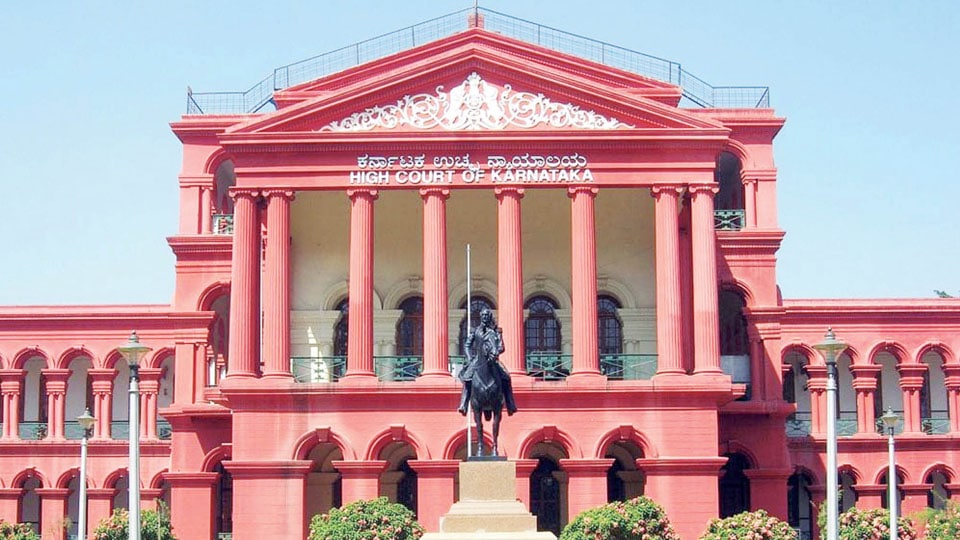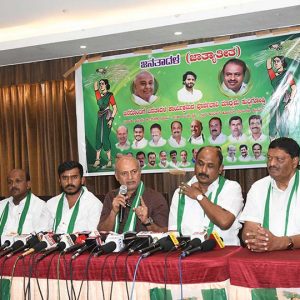Case of unwed couple from Mysuru who refused to accept their baby
Bengaluru/Mysuru: The Karnataka High Court (HC) has laid down guidelines for Child Welfare Committees (CWCs) to deal with situations where parents are unable to look after their child.
The HC Bench comprising Chief Justice Abhay Shreeniwas Oka and Justice N.S. Sanjay Gowda issued the guidelines recently in the wake of an unmarried couple, who lived together in Mysuru, expressing their inability to take care of their child.
In June this year, a child was born to a couple (both 21-year-old) who were in a live-in relationship for two years. During their college days, they took up a house on rent at Saraswathipuram in Mysuru as they could not afford to rent individual accommodation.
At the time of renting the house, the couple had told the landlord that they were married. Even neighbours thought that they were husband and wife. However, both the families came to know about the relationship after the girl became pregnant and the issue reached the Police Station following a complaint by the landlord.
The child was born at a hospital in Bengaluru and the couple and also the families refused to accept the baby due to the social stigma. They had left the child at the house of one of their friends. The unmarried parents declined to take care of the baby even after the Police, High Court and the CWC made attempts to convince them during in-camera proceedings.
They told the Court that they have to focus on their studies and it would not be possible for them to bring up the child. But they were willing to give the baby up for adoption. The child is now being taken care of in an NGO and the CWC, after completion of the process of surrender, has also issued a certificate that the child can now be adopted.
A Public Interest Litigation (PIL) was filed in the High Court by Letzkit Foundation, Bengaluru, which had brought to the Court’s notice the need of protecting the new-born child, based on reports in newspapers about the Mysuru case.
Guidelines to CWC
As per the guidelines issued by the High Court, the CWCs should conduct proper identification of the parents of such children. The CWCs should ensure they meet the parents individually and collectively in a bid to ascertain facts related to the surrender.
Further, the parents should be identified if they are biological parents to the child. While physical, emotional and social factors that are beyond the parents’ control to take care of the children are important, a straight-jacket formula cannot be used to determine the same as well.
Further, the guidelines mentioned that the parents should attend counselling from child psychologists in Government medical institutions. The final decision on the surrender should be taken based on the outcome of counselling, the High Court noted. It added that CWCs have been asked to confirm that the surrender is not intended to benefit adoption agencies as well.
Three-month time
The Bench found it necessary to issue guidelines for the CWCs on how to conduct inquiry and counselling under Section 35 of the Juvenile Justice (Care and Protection of Children) Act, 2015, as the State Government had failed to frame the rules. Stating that the guidelines would be in force in the absence of the rules, the Bench directed the Government to frame the rules within three months.
The PIL drew the attention of the Court towards unscrupulous agencies indulging in the illegal process of adoption taking benefits from such situations. The Bench said the CWCs would have to ensure that the application for parents’ surrender of the child was genuine and not intended to benefit the specialised adoption agencies. The Bench also said the petition would remain pending till the child was validly adopted.








Recent Comments